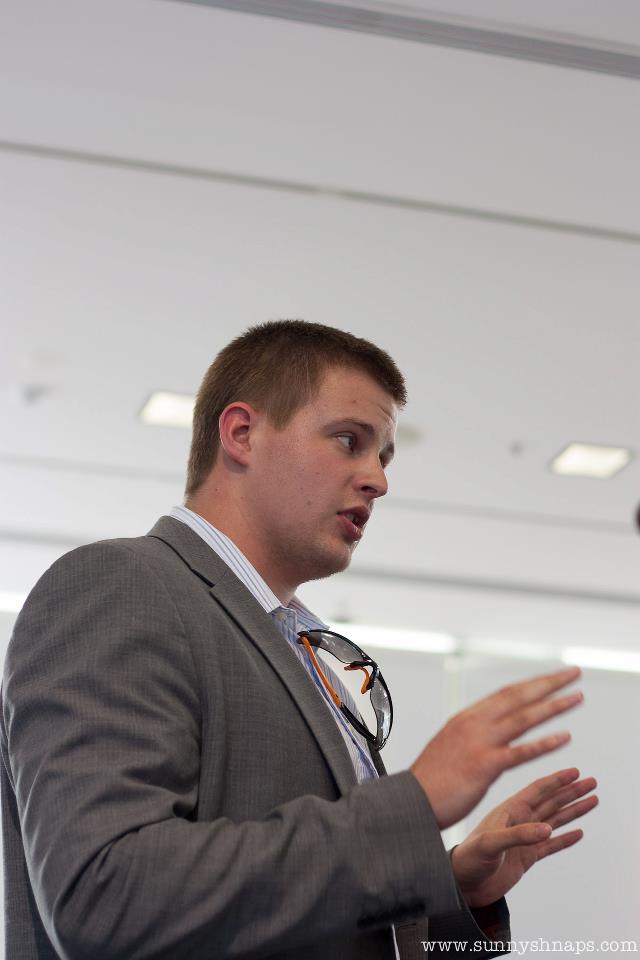This is the third article in a series of articles from entrepreneurs that have been through Incubate, the...
Alex Stamp
CEO of Cloudherd.com
This is the second article in a series of articles from entrepreneurs that have been through Incubate, the...
This is the first article in a series of articles from entrepreneurs that have been through Incubate, the...


